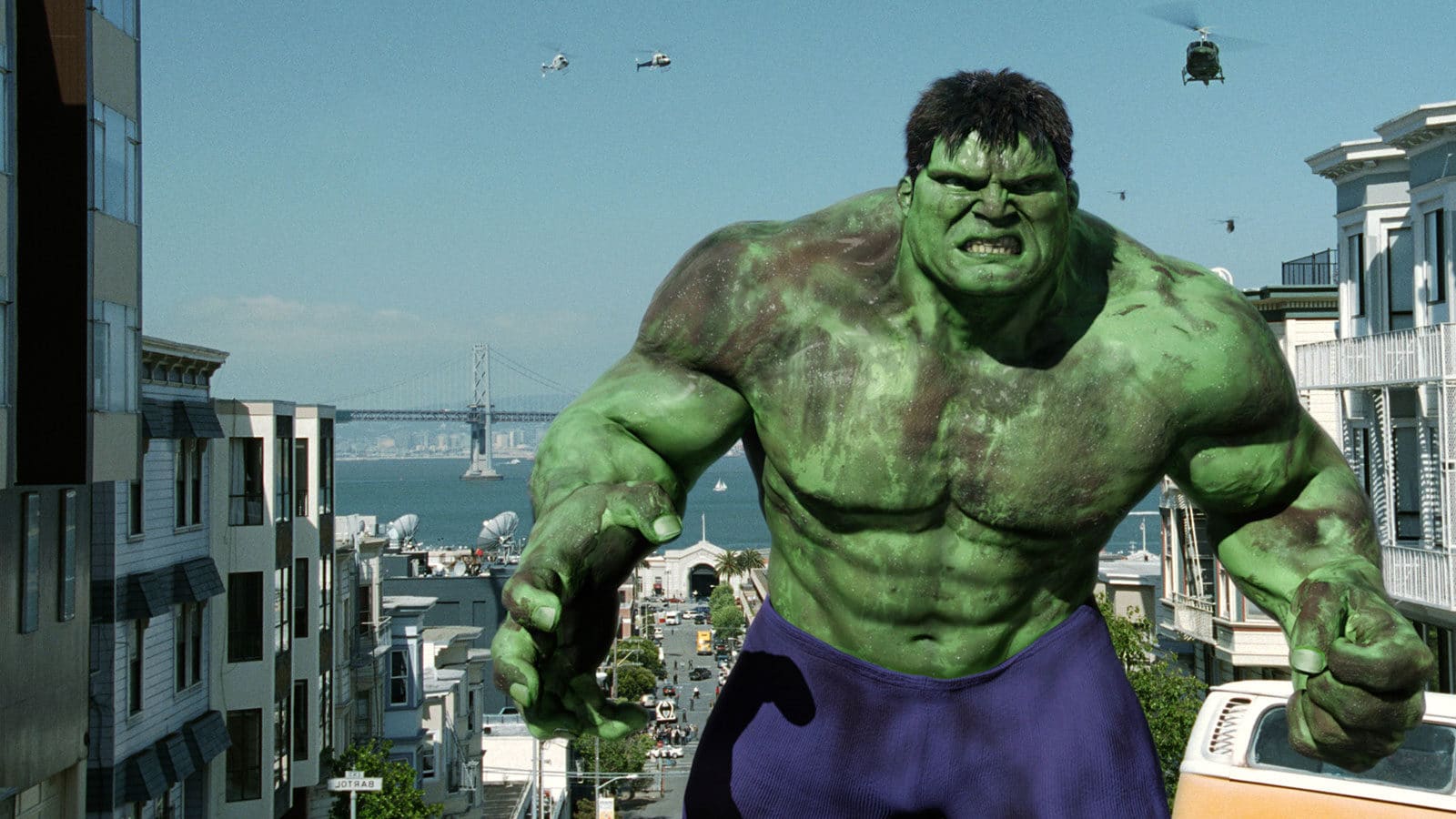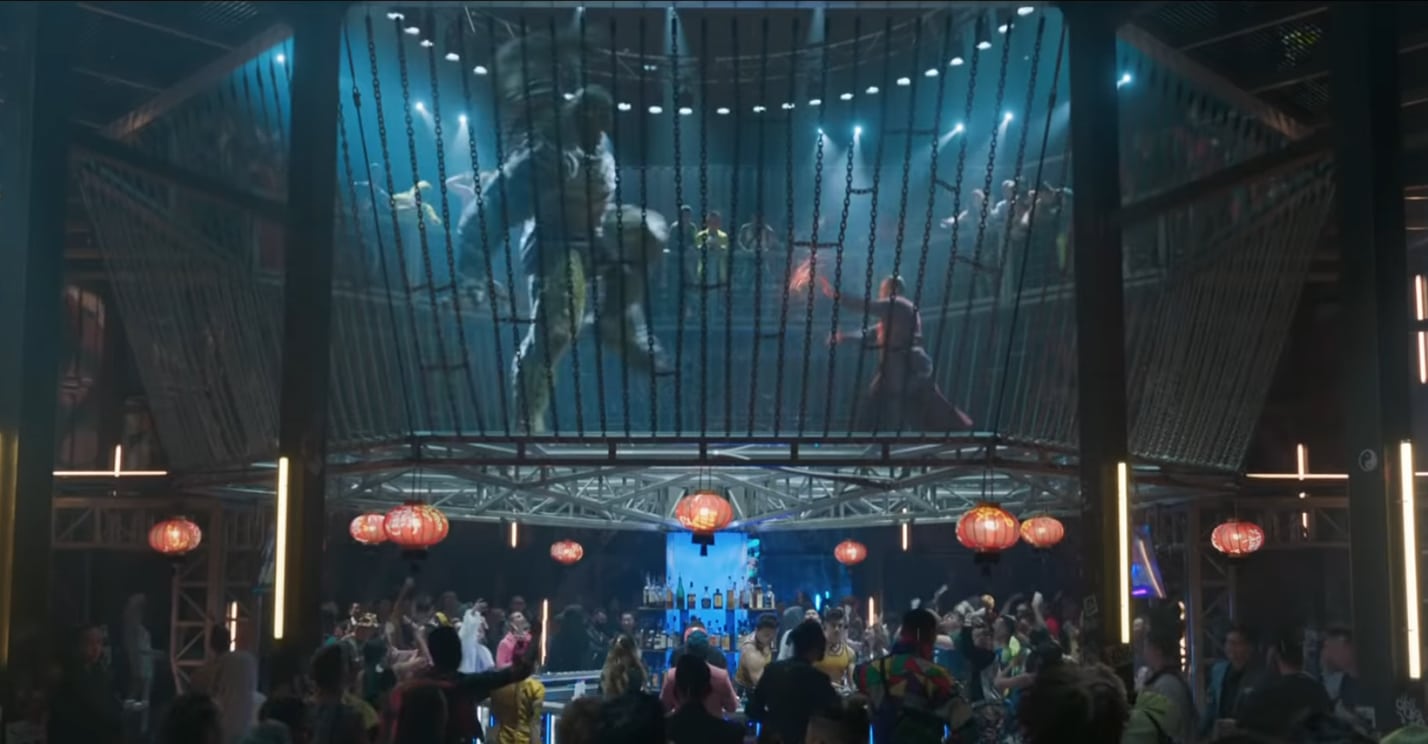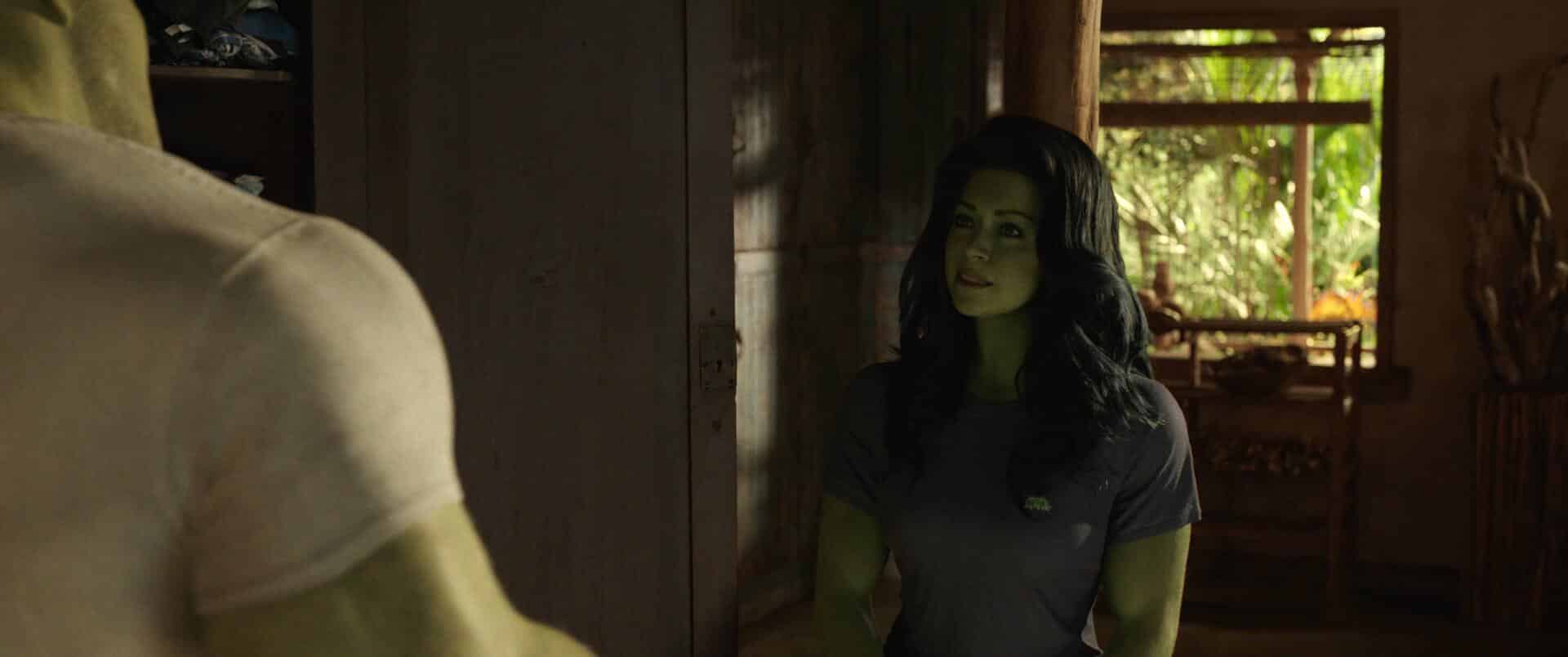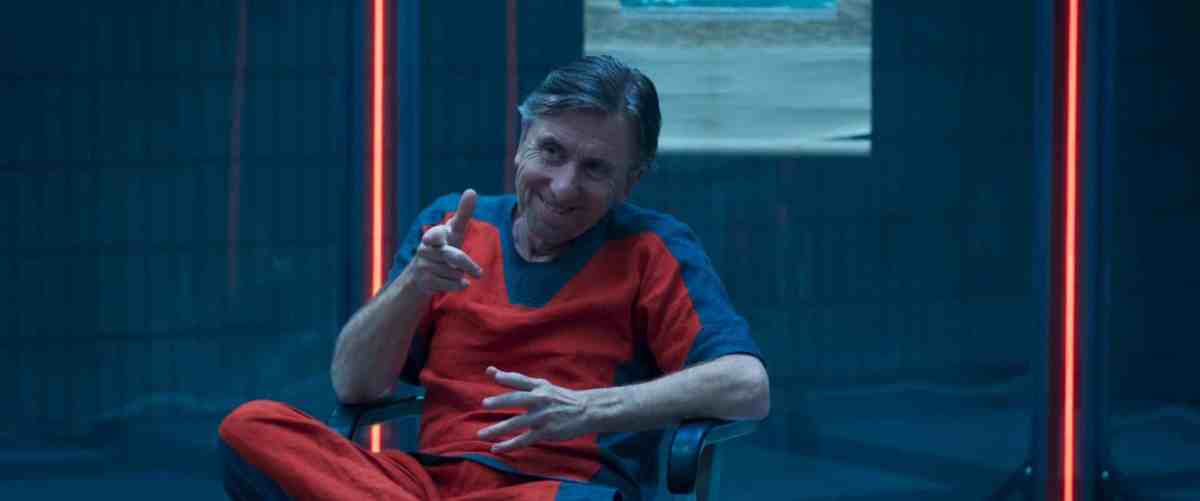This discussion and review contains spoilers for She-Hulk episode 2, “Superhuman Law.”
Literally by definition, She-Hulk must exist in conversation with one of the more complicated sub-franchises within the larger Marvel Cinematic Universe (MCU). “I can’t even exist without being a derivative of the Hulk,” Jennifer Walters (Tatiana Maslany) complains early in “Superhuman Law.” However, Jen isn’t the only one to have a fraught relationship with the Hulk. Since the launch of the MCU in 2008, Marvel Studios has always had a complicated relationship with the Jade Giant.
Historically, the Hulk was appreciably more recognizable in popular culture than characters like Captain America, Thor, or Iron Man. There were multiple reasons for this, including the fact that the character held down an 80-episode and 5-season prime-time show between 1977 and 1982. As such, the Hulk was one of the characters, along with Spider-Man and the X-Men, to be eagerly snatched up by other studios before Marvel committed to producing its own movies.
Universal Pictures put a film based around the character into development during the late 1990s. The project would eventually evolve into Ang Lee’s Hulk, which was released in 2003. While the film opened strong, it fell significantly in its second weekend and its total box office was underwhelming. Universal decided to try again, bringing in Louis Leterrier to direct a soft-ish reboot starring Edward Norton. The Incredible Hulk would be integrated into the same summer’s release of Iron Man.
Marvel Studios could use the character of Bruce Banner in team-up films like The Avengers or as a supporting character in movies like Thor: Ragnarok. However, Universal Pictures retained the right of first refusal on the distribution of future solo films built around the character. While there has been some speculation that the rights could revert to Disney in the near future, this appears to be a significant reason why the Green Goliath hasn’t headlined a solo feature film since 2008.

It is a similar situation to the rights issues involving the character of Spider-Man at Sony. However, while the Spider-Man films are a lucrative enough franchise that Marvel could be convinced to partner with Sony on a trilogy of standalone films built around the character, the box office results for both Hulk and The Incredible Hulk were not strong enough to justify such collaboration with Universal. As such, the Hulk has largely languished in limbo within the shared universe.
Although technically the second film in the most successful franchise in movie history, The Incredible Hulk exists in a liminal space. Marvel recast Bruce Banner going into The Avengers, replacing Edward Norton with Mark Ruffalo. Betsy Ross (Liv Tyler) vanished from the shared universe. William Hurt would first reprise his role as Thaddeus ‘Thunderbolt’ Ross in Captain America: Civil War, in 2016. Emil Blonsky (Tim Roth) only recently returned in Shang-Chi and the Legend of the Ten Rings in 2021.
To a cynical observer, She-Hulk feels like calculated brand management — a way for Marvel Studios to reassert ownership of the Hulk property without worrying about the distribution deal with Universal. “Superhuman Law” hammers home the connection between the Hulk and She-Hulk franchises. When Jen goes home, her father (Mark Linn-Baker) reassures her that she exists in a larger context. “This isn’t even the first time we’ve had to deal with a Hulk in the family,” he states. “And you didn’t destroy a city.”
“Superhuman Law” even features a literally winking acknowledgement of the convoluted history of the Hulk franchises when Jen rings her cousin to ask how he would feel about her decision to represent Blonsky. “I mean, it doesn’t seem like you hold a grudge,” she reflects. “At least, you’ve never talked about that before.” Bruce replies, “That fight was so many years ago, I’m a completely different person now. Literally.” To underscore the fourth-wall-breaking joke, Jen laughs into the camera.

However, there is also a sense in which She-Hulk is not entirely sure about how best to reconcile The Incredible Hulk into the shared canon. This is obvious even in that joking conversation between Jen and Bruce, which ends on the reveal that Bruce is flying through space, presumably to investigate the crashed Sakaaran ship from “A Normal Amount of Rage.” Bruce isn’t going to tangle with the continuity of The Incredible Hulk, but will just go and have cool space adventures more in step with Thor: Ragnarok.
Similarly, it feels like She-Hulk is only able to play with the character of Emil Blonsky in the way that it does — transforming him into a goofy figure of fun — because he’s something of a continuity orphan who exists in that ambiguous state. The Incredible Hulk treated Blonsky as a credible threat, but She-Hulk reframes him as a goofball with seven prison wives and a passion for haiku. Would She-Hulk treat a character more central to the universe, like John Walker (Wyatt Russell), the same way?
To be fair, it is good to see Roth once again. The actor is clearly enjoying the opportunity to showcase a goofier side of himself. The humor is very broad, but it is undeniably amusing to see an actor as intense as Roth lean into it. However, “Superhuman Law” retains some of the same tonal issues that were evident in “A Normal Amount of Rage.” It is never entirely clear how seriously the show is supposed to take Blonsky and his redemption, and the episode bounces sharply between extremes.
Early on, Blonsky gets a surprisingly emotional piece of character work, as he explains the plot of The Incredible Hulk from his perspective. “I thought I was the good guy,” he states. “I thought I was going to be Captain Bloody America.” It’s a sharp pivot from that into jokes about his “seven soulmates.” This gets at one of the big issues with She-Hulk trying to have the best of both worlds when it comes to embracing a heightened comedic tone while still conforming to the larger franchise’s house style.

If it turns out later in the season that Blonsky has been playing a long game, that his redemption is a ruse and that he has suckered Jen, Jen will inevitably look like an idiot. After all, the broad comedy of his prison narrative was so obviously absurd. At the same time, even if Blonsky’s redemption (and his enthusiasm for haiku) is sincere, it still seems hard to reconcile that with all the death and destruction that must have been caused during his rampage through Harlem.
She-Hulk also runs into problems with how it structures its jokes. Allowing for the cartoonish portrayal of Blonsky, a lot of the gags in She-Hulk aren’t that far removed from the punchlines in ostensibly more serious projects like Black Widow. There’s a lot of “stating the obvious” gags, with the show over-egging the pudding. It isn’t enough for a prison guard (Bruce Blackshear) to brief Jen as if Blonsky is Hannibal Lecter (Anthony Hopkins); Jen then has to draw attention to the reference.
Similarly, it isn’t enough for Bruce to say that he is “a completely different person” than he was when he fought Blonsky at the climax of The Incredible Hulk, referencing the recasting from Norton to Ruffalo. Instead, Bruce has to add the word “literally” to underscore the joke, and then Jen breaks the fourth wall to draw attention to it. Any two of these elements would be enough on their own. All three together feels clumsy, as if the show is worried that the audience won’t get a throwaway joke.

As with “A Normal Amount of Rage,” “Superhuman Law” struggles to reconcile the half-hour legal comedy that She-Hulk wants to be with the larger superhero universe in which it finds itself. “Superhuman Law” breezes past Jen’s first public appearance as She-Hulk, which is probably for the best given how much time “A Normal Amount of Rage” spent on her origins and her training, but there is still a palpable sense of obligation in how the episode has to hit all of these beats to situate Jen in the MCU.
That said, this tension does lead to the episode’s cliffhanger — and its best joke. Jen turns on the television to discover that her planned defense of Blonsky has been completely derailed by the villain’s superfluous and unnecessary cameo appearance in Shang-Chi and the Legend of the Ten Rings. It is a punchline that is just as self-aware as Bruce’s joke about the recasting, acknowledging the extent to which the shared universe’s need for cameos can derail even the tightest narrative.
“Superhuman Law” doesn’t draw too much attention to that joke, just as “A Normal Amount of Rage” didn’t lean too heavily on Jen’s confession about the audience’s assumed inability “to focus on this fun lawyer show” without frontloading the obligatory superhero stuff. Still, there’s a sense that, like Loki before it, She-Hulk is most interesting as a show about the frustrations of the rules that govern the continuity of this shared universe. Literally.






Published: Aug 25, 2022 11:00 am